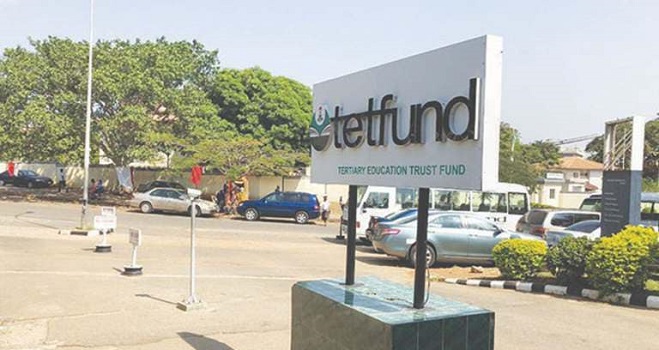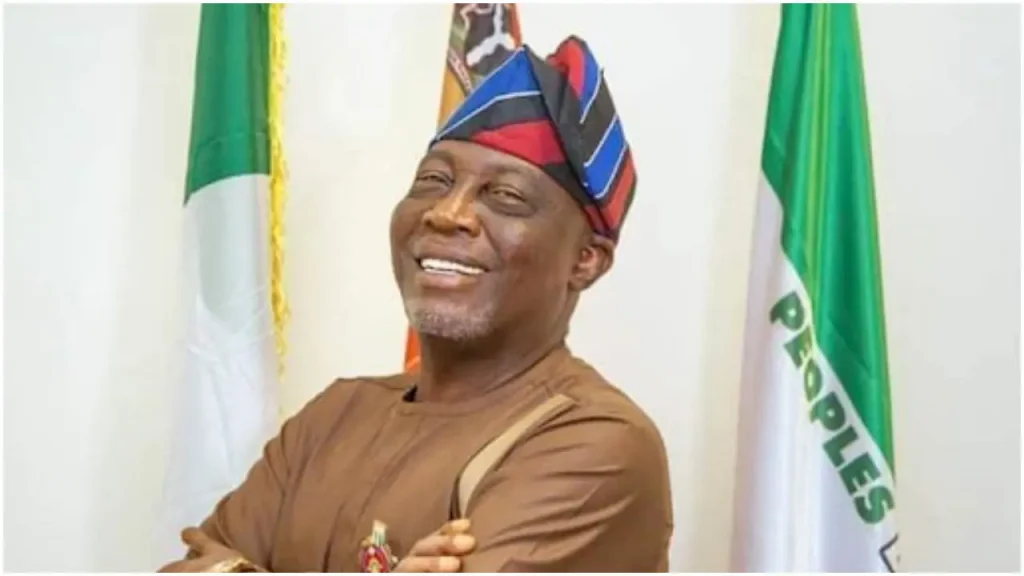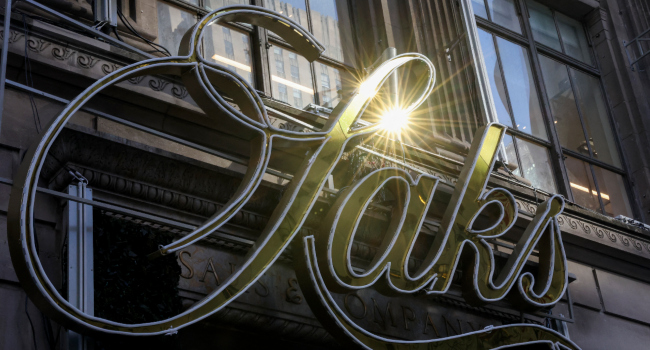There is growing concern among Nigerians about the thriving black market and illegal activities surrounding organ donation, harvesting, and transplantation in the country. Reports have emerged of an alarming increase in the illegal removal of organs from individuals without their consent, often for the purpose of transplantation or commercial sale.
Organ harvesting cases, particularly the illegal removal of kidneys, have become more prevalent in Nigeria. This can be attributed to the high demand for kidneys and their relatively high success rate in transplantation.
A notable case that drew attention to the issue is that of former Deputy President of the Senate, Ike Ekweremadu. In March of this year, Ekweremadu was convicted in the UK for his involvement in a plot to harvest a kidney for his sick daughter. This marked the first organ trafficking conviction under the Modern Slavery Act.
Most reported cases of organ harvesting in Nigeria involve compulsion, fraud, or the exploitation of vulnerable individuals living in poverty or marginalized groups.
For example, Chimaobi Eric Nwoko, a 42-year-old mechanic, recently came forward alleging that he was deceived into donating his kidney to another person. The suspect, Steve Akazue, promised Chimaobi $20 million, a house in the United States, and a job as a compensation for the kidney donation. However, Chimaobi has not received any of the promised compensation and is now fighting for his life with only one kidney.
Similar incidents have been reported in Plateau State, where a medical doctor, Noah Kekere, was arrested for allegedly harvesting a woman’s kidney without her knowledge. The victim’s husband accused Kekere of subjecting his wife to chronic pain for the past five years.
Experts believe that the absence of regulations and a government regulatory body overseeing organ transplantation has contributed to the proliferation of organ harvesting in the country. The lack of enforcement of medical ethics, poverty, inequality, and unscrupulous medical practitioners are identified as key facilitators of this illegal trade.
Recognizing the urgency of the situation, the chairman of the Medical Consultants Association of Nigeria at Lagos State University Teaching Hospital (LASUTH), Amisu Mumuni, stressed the need for a regulatory body to oversee organ harvesting and transplantation. A bill to establish an organ harvest transplantation department in the Lagos State Ministry of Health is currently being considered.
Dr Usha Anenga, the Chairman of the Nigeria Medical Association, Benue State, emphasized that illegal organ harvesting is fueled by poverty in the country. He called for the development of unified guidelines for organ donation and stricter enforcement of regulations to protect the public from this illicit trade.
It is imperative for all stakeholders, including the government and medical professionals, to work together to develop comprehensive guidelines and policies on organ donation. By implementing these guidelines and ensuring their enforcement, Nigeria can effectively combat the illegal organ trade and safeguard its citizens.



